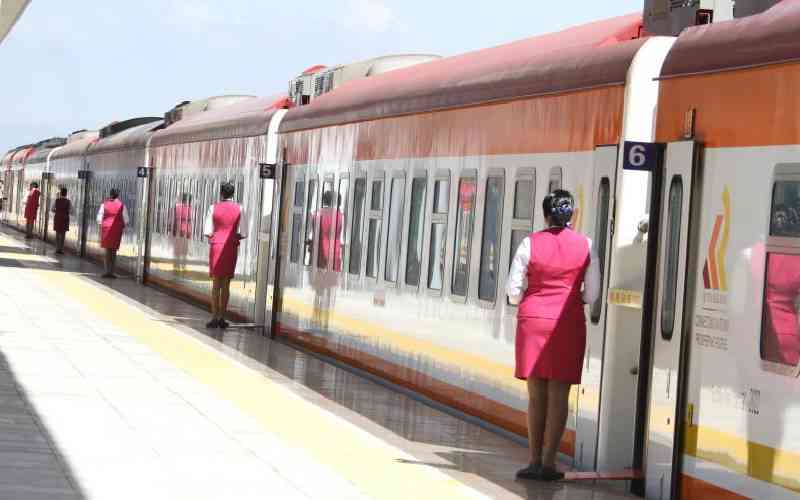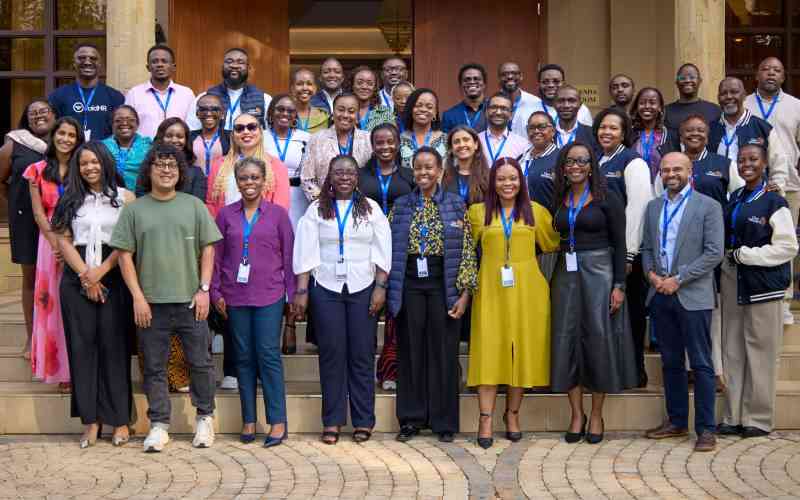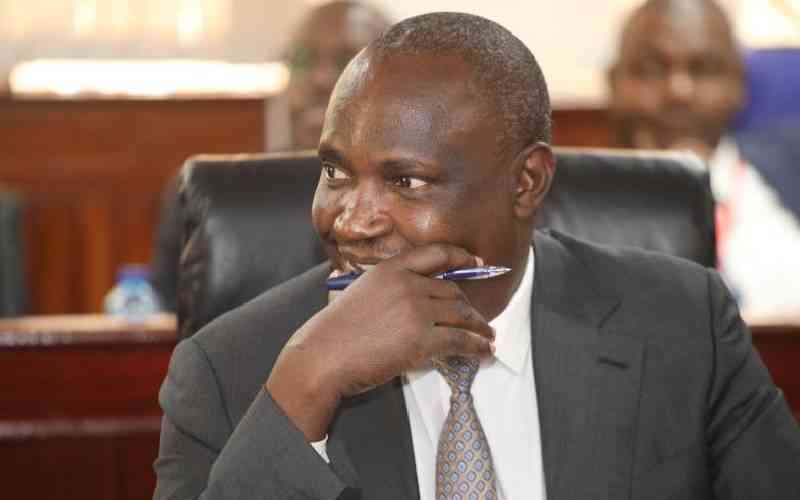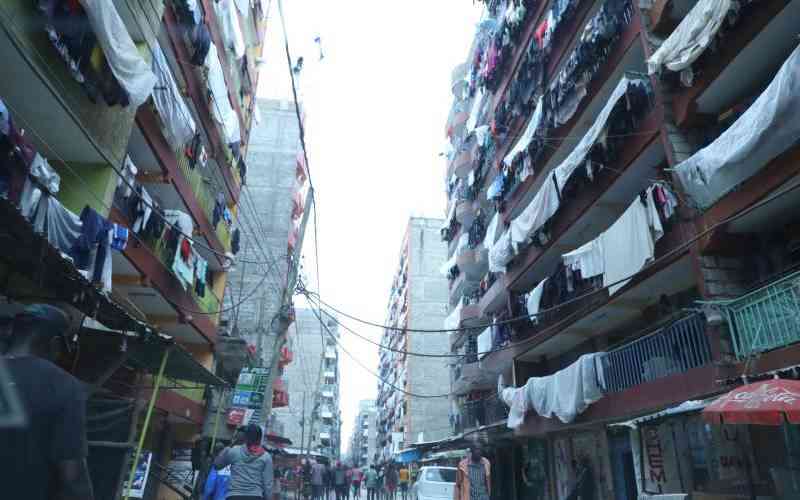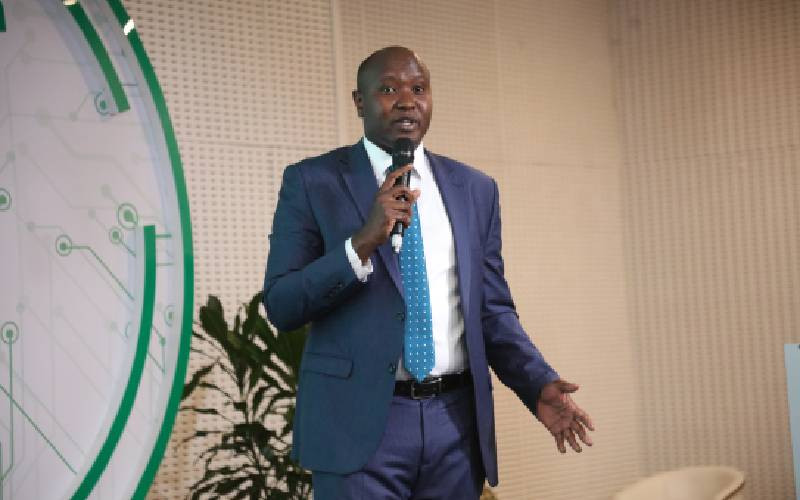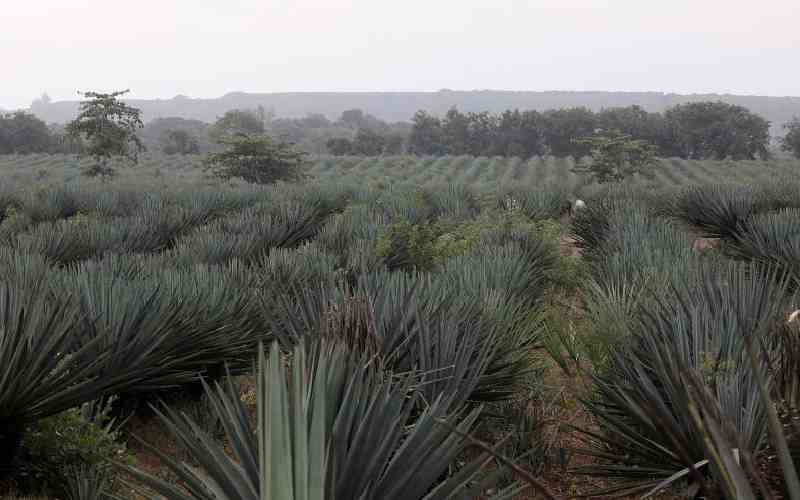
A section of land which has been allocated to squatters in Kilifi County. [File, Standard]
Dama Katana recently confronted Mombasa Senator and Senate Land Committee Chairman Mohamed Faki, shouting: “All you care about is your interests, not helping squatters.”
Ms Katana demanded that Faki recuse himself from chairing a meeting to hear squatters’ grievances, saying Coast leaders had failed to address historical land injustices bedevilling the region.
Katana, who represented hundreds of squatters from Kashani in Bamburi, Kisauni Subcounty, expressed disgruntlement that Coast leaders had let squatters down because they had allegedly pursued their personal interests and left the land issues unaddressed.
To calm tension at the meeting held at the Kenya School of Government, Mombasa, Mr Faki handed his role chairmanship role to committee member and Murang’a Senator Joe Nyutu.
“Our political leaders have let us down with inaction. They have failed to address the historical land injustices in Mombasa and the region. We do not have faith in them,” Katana roared.
Her outrage is not an isolated case. In most parts of Coast, the hotbed of historical land injustice, squatters feel abandoned by their political leadership.
In Mombasa, at least 4,000 squatters on 3000 acres owned by Thathini Development Company are living in fear after they were ordered to repurchase the land or move out.
In Kilifi, also teeming with hundreds of thousands of squatters, the hope of ever being resettled by the government is fast fading away amid evictions and conflicts with landlords.
During the 2022 campaigns, President William Ruto repeatedly promised to buy large tracts of land from absentee landlords and settle the landless.
“We were evicted with nothing but the clothes on our backs. But what has hurt us more than losing our homes is spending years chasing answers and receiving none,” said Sidi Nguta Nyamawi, a widow from Kilifi South sub-county.
Sidi is among hundreds of residents who claim they were forcefully removed from their ancestral land between 1985 and 1987, some by military units with no proper compensation or alternative settlements.
Today, many live in poverty, locked in a cycle of appeals and petitions amid unmet promises from government.
In his latest tour of the Coast, President Ruto again promised that the government will buy land, as it has allocated Sh3.8 billion for the programme.
Stay informed. Subscribe to our newsletter
While issuing 800 title deeds for old resettlement schemes in Changamwe Subcounty, President Ruto said the government will ensure squatters in the region get land.
“The national government will work closely with the counties to ensure that squatters are resettled,” he pledged.
But locals say the process has remained slow, secretive and painful, leading to uncertainty.
The President has tasked Senate Speaker Amason Kingi and Cabinet Secretaries Hassan Joho, Salim Mvurya and Alice Wahome (Lands) to spearhead the purchase of land to settle Coast squatters.
President Ruto said that was the first step in addressing the historical land issues that have plagued the region for centuries, leaving thousands without ownership documents.
“This programme will not be completed in one or two years, but we will deliver on our promise to resolve the squatter problem at the Coast,” Ruto said.
“We have made progress, and we now have money to pay off these absentee landlords,” he added.
Kwale, Lamu and Taita Taveta counties are also grappling with squatters as the government only indicated its intention to confront the matter.
In Taita Taveta’s Voi town, squatters numbering about 1000 are living in fear on the disputed six-acre plot at Sofia Relini village after more than 3500 other squatters were earlier evicted at the adjacent Msambweni area, near the Voi SGR station.
The Msambweni evictees have been occupying land belonging to Sparkle International Limited, which carried out the eviction exercise with police officers drawn from Voi, Mwatate, Taveta and Wundanyi sub-counties.
Three years ago, over 3000 squatters at Ndovuni in Maungu Township along the Nairobi-Mombasa highway were also evicted after the Kenya Wildlife Service obtained a court eviction order. The squatters are yet to be settled.
The recent eviction exercise has been condemned by the county leadership and the Anglican Church of Kenya (ACK), Taita-Taveta Diocese Bishop Liverson Mng’onda.
Squatters living at Sofia Relini in the outskirts of Voi town say fear and anxiety have gripped them following the eviction at Msambweni.
Kenya Land Alliance (KLA) Coast region official Nagib Shamshan decried the lack of transparency in the government plan to acquire land for squatters and called for public participation in the project.
Mr Shamshan also called for an audit of the title deeds that the President issued in Mombasa, arguing they are on settlement schemes dating back 30 years and some have been grabbed by wealthy people and politicians over the time.
Shamshan, however said the starting point should have been the completion of stalled old settlement schemes across the region and dismantling land cartels that denied genuine squatters land.
“We welcome the plan by the government to acquire land for squatters. But we demand public participation to ensure the process is transparent. We also want a thorough audit on who is being issued a title deed at old settlement schemes because we have information that former councillors and other rich people are beneficiaries,” he said.
On August 11 this year, the National Land Commission (NLC) told all investors who purchased parcels of land at the 3,000-acre farm owned by a private firm in Bamburi, Mombasa County, that they will have to pay for them again.
The NLC committee on historical land injustices ruled that all non-indigenous individuals shall pay up to Sh500,000 for each 50 by 100 parcel of land, depending on the location. This was in an attempt to resolve a long-standing land conflict in Gandindi, Maunguja and Kashani between squatters and Thathin Development Company Limited.
NLC, however, ruled that indigenous squatters will be allocated a total of 300 acres free of charge.
Simon Kazungu, a human rights activist, asked the government to follow the law when dealing with issues of land documentation to minimise land disputes in the region.
[Patrick Beja, Renson Mnyamwezi and Marion Kithi]


